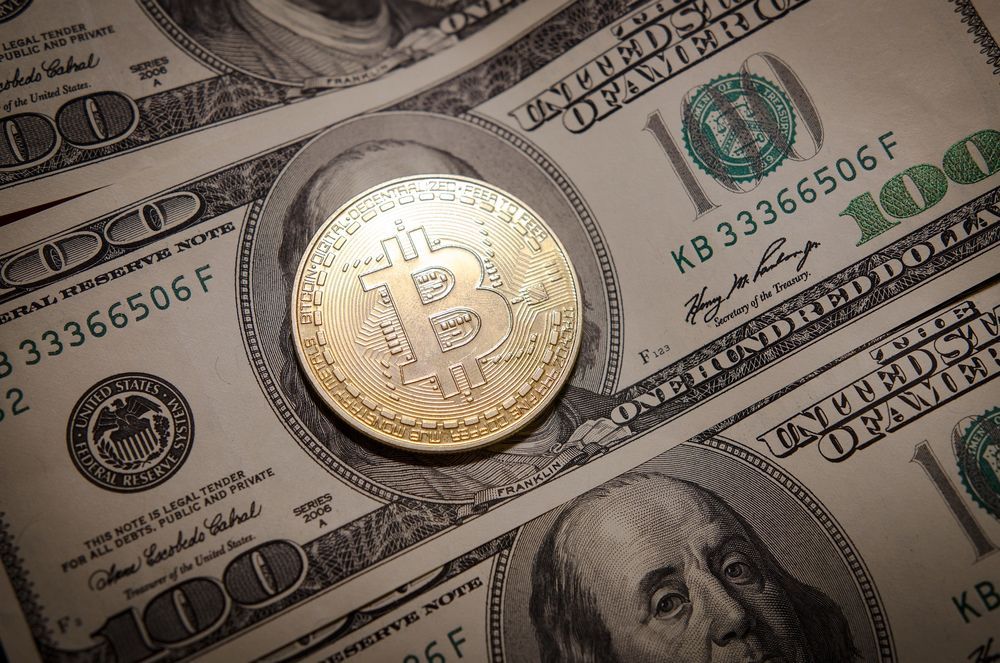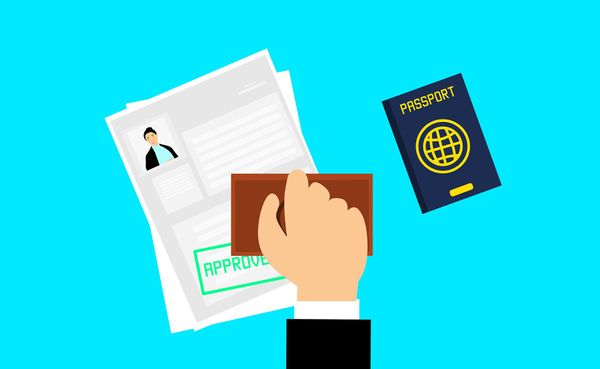1000$ lost in a few seconds. Paypal scams you should know about and what you can do to prevent falling a victim

Sarah wants to sell a dress on Facebook Marketplace; the buyer says she would send her money over PayPal. A few minutes later, Sarah receives an email pretending to be from PayPal saying that the money had been sent to her account but that the account limit needed to be expanded in order to receive it. She follows the prompts (and the links) from the email, and seconds later 1000$ disappears from her account. The hackers have her money and all her information from her PayPal account. "I had always been warned about these types of things happening, but it all seemed so real." Sarah says 7news.com.au.
There are many similar scam stories around the internet. And it's not that people don't know about them, but a certain context or situation (selling something, waiting for a parcel) makes the scam look legit. In the backstage, it's only hackers getting more and more sophisticated.
What to do if you've been scammed
According to the Australian Competition and Consumer Commission (ACCC), there was a 47.9 percent increase in reports of classified and online shopping scams via social media in 2022, compared to the previous year.
There are a few important things you should do straight away to limit the damage and protect yourself from further loss.
- Contact your bank or card provider immediately to report the scam. Ask them to stop any transactions.
- Change passwords to all your online accounts, starting immediately with the scammed one.
3. Get support from IDCARE, Australia and New Zealand's national identity and cyber support service. They can help you make a plan (for free) to limit the damage.
4. Report the scam and warn others by reporting it to ScamWatch and/ or the police.
Watch out for follow-up scams and start monitoring your digital identity
One in three victims of a scam have been scammed more than once, according to ScamWatch.
If you've lost money to a scam, be especially wary of new scams - including if someone offers to help you get your money back, and new phishing attempts. Hackers may try to get more money out of you or more personal information, which could lead to identity theft.
Get Digital Identity Protection and find where your personal information is on the web.
Bitdefender Digital Identity Protection scans the public and dark web and monitors your name, phone number, email, and other information you provide.
You can see your digital footprint at a glance, check your breach history, map risk, and any personal information that may have ended online: passwords, physical addresses, and credit card details. You receive reports, newsletters after scans, "how to" knowledge about setting up the proper privacy settings in various apps, and actionable advice in case of breaches and leaks.
tags
Author
Cristina is a freelance writer and a mother of two living in Denmark. Her 15 years experience in communication includes developing content for tv, online, mobile apps, and a chatbot.
View all postsRight now Top posts
Few People Consider Themselves a Target for Cybercriminals, Bitdefender Study Shows
July 10, 2024
Uncovering IoT Vulnerabilities: Highlights from the Bitdefender - Netgear 2024 Threat Report
June 26, 2024
FOLLOW US ON SOCIAL MEDIA
You might also like
Bookmarks







